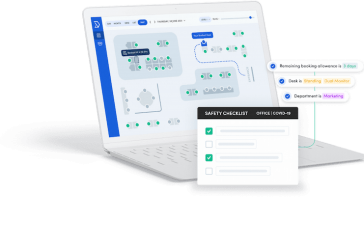Whether you are looking to select and implement an Enterprise Resource Planning (ERP) system, Customer Relationship Management (CRM), HR/Payroll, or any other system for your organization, you should keep in mind the following tips to make your software selection process more effective.
1) Create a Long List – If a software package is not on your Long List, it will never be selected! Include as many viable software products as possible at the beginning of the process. You will want to include both general ERP software vendors as well as vendors that focus on your particular vertical industry. Vertical market software will frequently offer greater functionality for a specific industry than the general vendors. Many organizations fall into the trap of just looking at a few of the name brand vendors without considering others that are not as well known but have great products for the right situation.
2) Focus Requirements on the Differentiating Criteria – Although you may have hundreds or even thousands of functional requirements, the criteria that make the difference between elimination and selection of a software vendor can usually be listed on two to three pages. We call these key requirements “Differentiating Criteria.” Use these criteria to eliminate software from your Long List quickly and objectively. This will save you a lot of time and help you focus on your most important requirements.
3) Select the Value Added Reseller/Implementation Partner – Many of the major mid-market software vendors sell their software through local and national Value Added Reseller’s (VARs) including Microsoft, Sage, Infor, Epicor, and others. These VARs will demo, sell, and implement the software. Because they are independent of the software vendor, there may be many VARs in your geographic area that sell the same product. They each have strengths and weaknesses. In fact, the selection of the right VAR can make or break the success of your implementation.
Larger tier 1 and tier 2 vendors such as SAP, Oracle, and Lawson offer direct implementation services, but also have independent implementation partners that you can use. Some of these partners can be more experienced in your industry and have lower billing rates than the vendor’s own implementation team. Make sure that you consider all of your implementation options.
4) Hold Scripted Demos – When you get to a short list of about 3 software vendors, you should use a scripted software demonstration process. The scripted demo forces the software vendor or VAR to modify their demo to show how they will solve your specific business needs. It also allows you to evaluate the vendors on an equal basis. Make sure to leave time for the vendor to show some of the bells and whistles that may be of interest.
5) Negotiate the Contract – When you make your final software decision, you will sign three contracts with the vendor: Software License, Implementation Services, and Maintenance. If you select a software product that uses the Software as a Service (SaaS) model you will have a Service Level Agreement (SLA). Make sure to negotiate the price, but don’t forget to negotiate the business issues in the contract as well. The software vendors write the contracts to protect their interests; you need to negotiate to protect your interests in the agreement.









